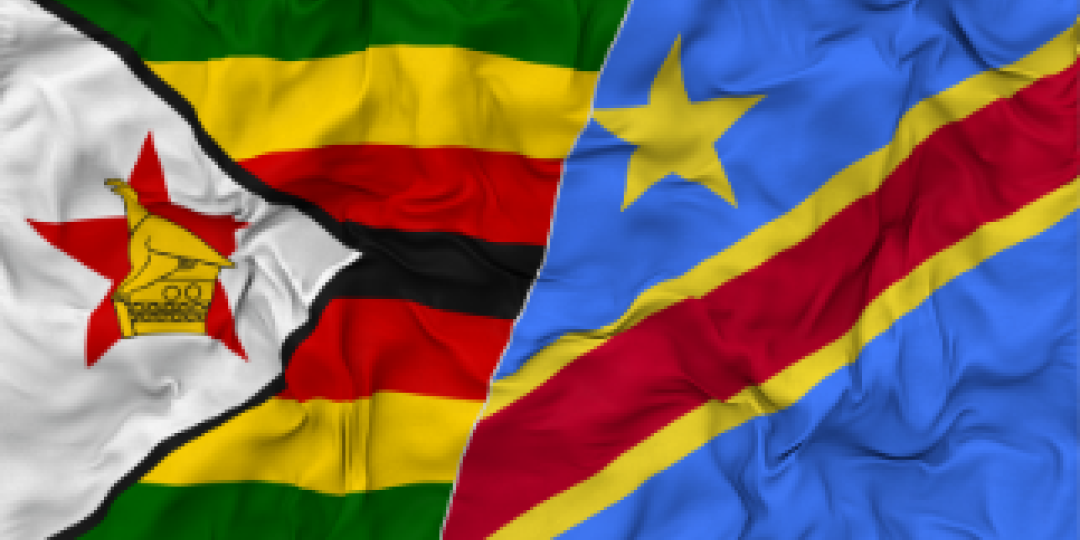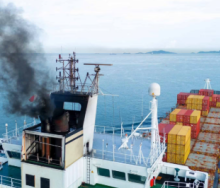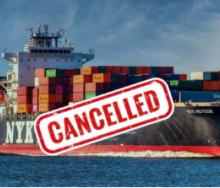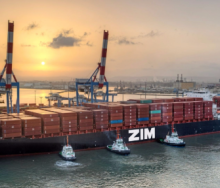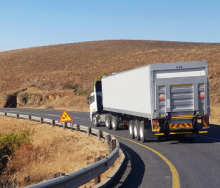The sudden scrapping of a convenient cost-saving visa-free arrangement between the Democratic Republic of the Congo (DRC) and Zimbabwe has added significant expense to over-border hauliers serving Copperbelt interests in Haut Katanga Province.
According to a spokesperson for the regional road freight industry’s Transit Assistance Bureau (Transist), it’s been about two weeks since transporters were informed that Zimbabwean drivers had to apply for work visas to operate in the DRC.
The perfunctory decision by the DRC’s Direction Générale de Migration (DGM) was effective immediately and meant drivers had to pay $50 (about R950) for 30-days visas.
Previously, a bilateral memorandum of understanding (MoU) excluded Zim drivers from the visa applicable to drivers from other countries, meaning drivers from Zimbabwe were in high demand with cross-border transport companies carrying loads to and from mines in the DRC.
The arbitrary scrapping of the MoU, said the spokesperson, had been done without any consultation with industry.
What’s more is that the visa is payable in cash without any receipts being issued for it.
Transist said because the fees could not be digitally transferred, and with no paper trail, transporters couldn’t account for visa payments and comply with foreign exchange control regulations.
Due to delayed travel time and related time-consuming issues in the DRC, drivers also risk returning to their countries of origin with expired visas, meaning another $50 charge upon leaving Haut Katanga.
Freight News was told that efforts by Transist to engage with immigration authorities in the DRC had so far proved unsuccessful.
The MoU scrapping has thrown a big spanner in the works of large fleets serving the DRC.
Without the convenience of visa-free Zim drivers, large transporters running the line to Haut Katanga and back are now paying significantly more for rendering an essential supply chain service for clients in the Copperbelt.
“Imagine you’ve got 100 trucks and each driver has to pay $50 each time they enter or leave the DRC,” the Transist spokesperson said.
Persistent congestion-causing issues at the Kasumbalesa Border Post between Zambia and the DRC, such as the current outdated cargo scanner, add time to the clock for drivers who are already racing against tight trip deadlines.
“If it’s not bad enough to use a scanner dating back Noah’s Ark, border officials take two days to verify an image, which is not the scanner’s fault. That’s just sheer incompetence. Now transporters also have a new visa to contend with that could expire while a driver is still in the DRC.”
